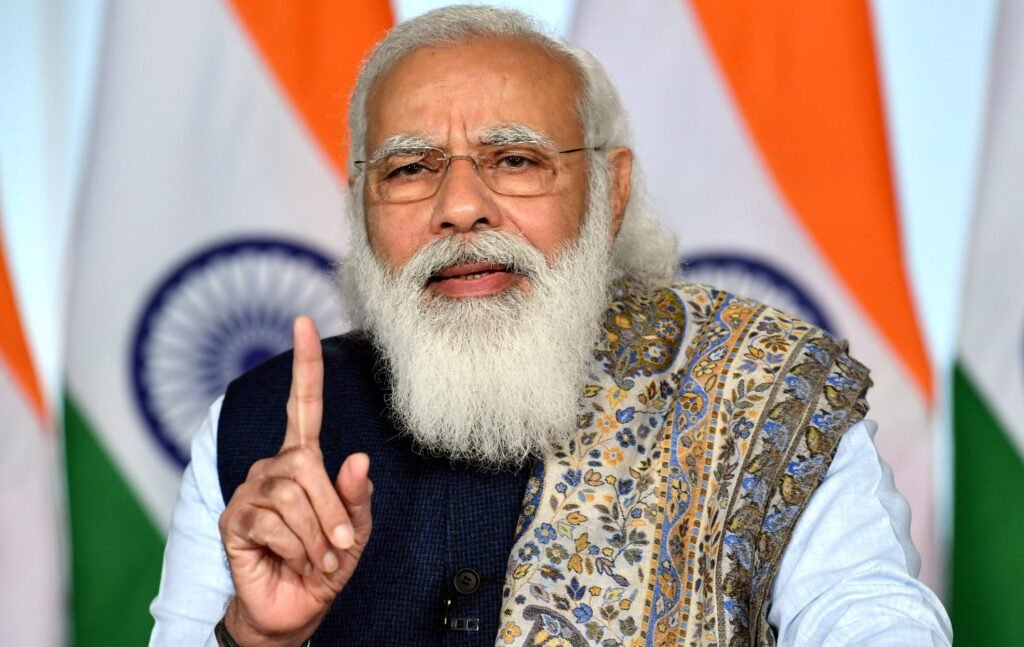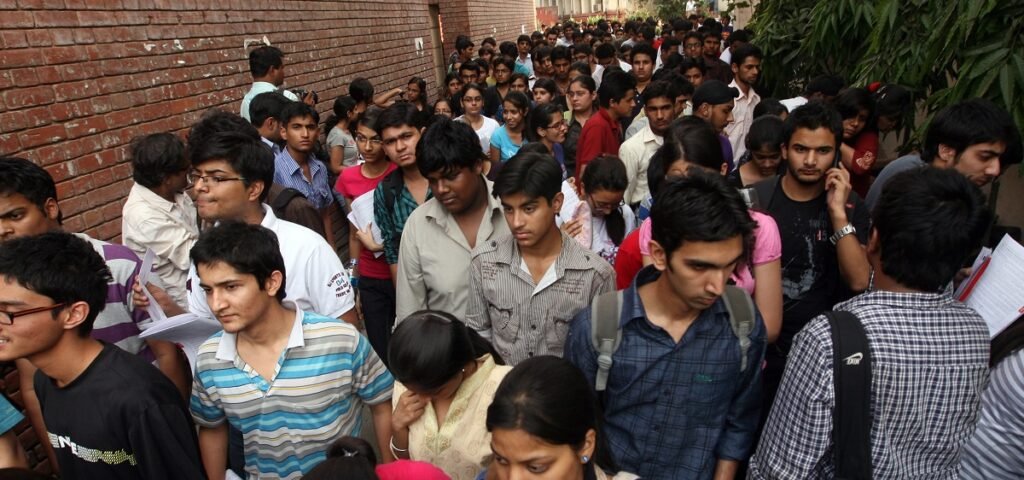On April 19, India heads to the polls in an election that promises to test the future of its democracy under the BJP-led government of Prime Minister Narendra Modi. Having held power for two terms, Modi’s administration has faced rising criticism for failing to fulfill promises to improve the lives of ordinary Indians. Instead, his government has implemented policies that serve multinational interests, inflame nationalist and communal tensions, and endorse foreign military aggression, notably supporting Israel’s actions in Gaza.
The opposition in India is weak and lacks direction. The major opposition alliance, known as the INDIA coalition, comprises Congress, various regional parties, and India’s Stalinist Communist Parties, which have strayed far from their foundational principles. Genuine change will not come from this alliance, nor from other bourgeois parties. Only through mass mobilization against the current capitalist system can Indian workers, farmers, and youth overcome the oppression entrenched under Modi’s leadership.
Broken Promises and Economic Turmoil Under BJP
Modi’s 2014 election victory came with grand promises: creating 20 million jobs annually, depositing significant funds into citizens’ bank accounts, and reducing fuel prices. But none of these promises materialized. Instead, Modi’s government introduced policies that have burdened India’s working class, including demonetization, extensive privatization, and the Goods and Services Tax (GST). These policies benefitted corporate giants like Adani and Ambani while inflation soared, and unemployment climbed to record highs.
To distract from economic failures, the BJP has exploited religious and ethnic divisions, stoking animosity among different groups. The results have been deadly, as seen in the ethnic riots in BJP-controlled Manipur, where hundreds lost their lives.

In Uttar Pradesh, activists protesting anti-Muslim policies faced violent repression, with bulldozers demolishing homes in retribution. Under Modi’s Unlawful Activities Prevention Act (UAPA), dissenting voices like Umar Khalid have been imprisoned without trial, while far-right figures aligned with Modi enjoy impunity.
These injustices have sparked broad resentment. Mass protests have mobilized around various issues, from farmers rallying against corporate-friendly agriculture laws to workers staging strikes opposing labor codes that threaten to further weaken their job security.
Suppression of the Opposition and Corruption Scandals
In the lead-up to these elections, Modi has wielded state power to target opposition figures. Legal proceedings against leaders in the INDIA alliance, including the Chief Ministers of Jharkhand and Delhi, have raised concerns that these cases are politically motivated. Even the Congress party, the primary opposition force, faces allegations of “tax terrorism,” receiving a colossal tax bill amid the campaign season.
While the BJP leverages corruption charges against the opposition, it too is riddled with scandals. Recent revelations from India’s State Bank about massive corporate donations to political parties showed that the BJP has received the lion’s share, much of it through undisclosed channels. These contributions expose the extent to which political power is auctioned to the highest bidder, undermining the very fabric of Indian democracy.
A Bourgeois Opposition Unfit for Change
Despite growing dissatisfaction with the BJP, the main opposition parties offer no genuine alternative. Congress, the historic party of Indian capitalism, has allied with regional players like the DMK, TMC, and even Hindu nationalist Shiv Sena, creating a coalition that prioritizes superficial unity over meaningful reform. Even India’s Communist Parties, once champions of the working class, have aligned themselves with these capitalist forces, abandoning their commitment to socialism in favor of short-term political gains.
The INDIA alliance’s platform, with its vague calls to uphold democracy and constitutional values, fails to address the pressing needs of India’s workers, farmers, and youth. In a time of crisis, calls for a return to “democracy” and “unity” fall flat when millions struggle for basic needs like education, healthcare, and housing. Rather than mobilizing for systemic change, the opposition’s strategy relies on nostalgic appeals to a pre-Modi era that was equally dominated by capitalist exploitation.

The Crisis of Indian Capitalism
India’s status as the world’s fifth-largest economy belies the harsh realities faced by its working class. While a tiny elite amasses enormous wealth, the majority grapple with poverty, inflation, and inadequate living conditions. Wealth inequality is extreme, and India’s ranking on the Human Development Index remains low. Yet Modi’s government prioritizes appearances, hiding urban poverty in Delhi’s slums from the world’s eyes during high-profile international visits.
India’s capitalist class has historically extracted immense wealth from the working masses. However, Modi’s administration has broken with past conventions, openly disregarding democratic norms in its pursuit of power and wealth.
This intensification of exploitation and repression reflects the deepening crisis within Indian capitalism, as it becomes increasingly difficult to maintain even a semblance of democratic governance.
Building a Genuine Revolutionary Movement
As the election draws near, it is clear that no existing party offers a path to genuine social and economic justice. The Communist Parties’ alignment with capitalist interests, coupled with the INDIA alliance’s superficial opposition to the BJP, leaves a void that only a revolutionary movement can fill. India’s working class has demonstrated its strength through mass protests and strikes, such as the historic farmer’s movement, but true change requires a clear, organized effort to dismantle the capitalist structures that sustain inequality and repression.
India’s path to a just future lies not in parliamentary alliances but in a movement led by workers, peasants, and youth, committed to dismantling the capitalist state. A revolutionary general strike could topple the Modi government, setting the stage for a socialist transformation of society. By expropriating corporate monopolies, nationalizing key industries, and establishing workers’ control over production, India’s people could reclaim the wealth they generate and build a society free from poverty, caste oppression, and religious division.
For this vision to succeed, India must build a revolutionary communist party, inspired by the principles that led the Russian working class to victory in 1917. Such a party, dedicated to socialism and democratic control of resources, is India’s only hope for genuine liberation.

